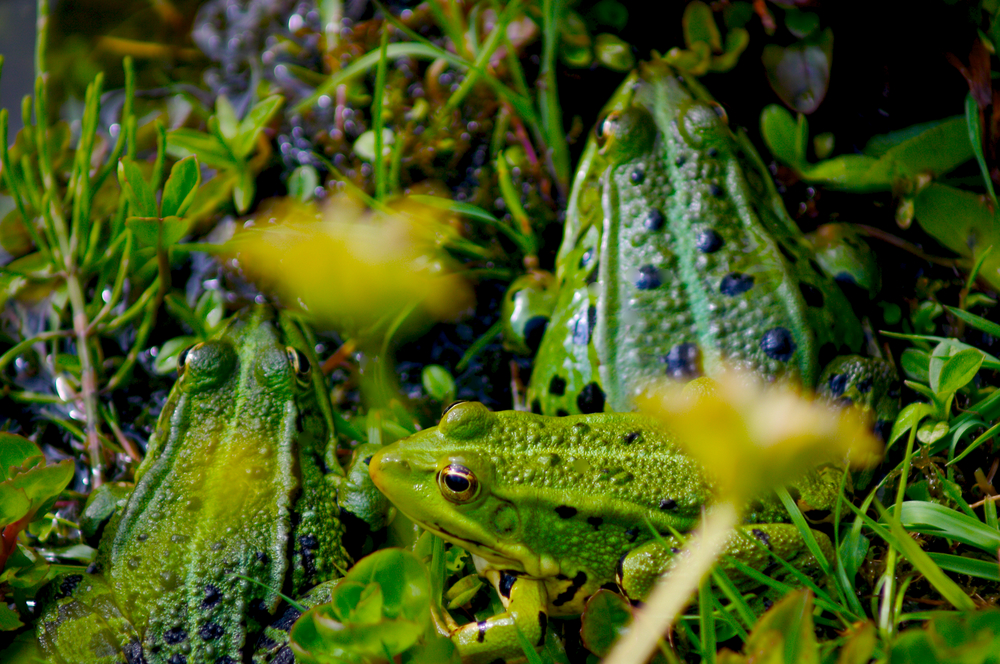Canada Stalls Agreement on Major International Protocol
We’ve blogged about the importance of reaching an agreement on a Protocol on Access and Benefit Sharing (ABS) of genetic resources, under the Convention on Biological Diversity (CBD). ABS is one of the three fundamental objectives of the CBD, and centers on access to genetic resources and sharing of benefits arising from their use.
I’ll use the same example I used before as to how ABS should work: an indigenous community holds the knowledge, passed through generations, that a certain plant has therapeutic properties (a genetic resource). A pharmaceutical company hears of this plant and would like to use it in the development of a new medicine. Under ABS, the pharmaceutical company will have to acquire (free) Prior Informed Consent from the indigenous people – the ‘access’ component of ABS – and enter into a contractual agreement with them. Once the resource has been commercialized, the pharmaceutical company will have to share the profits with the indigenous people – the ‘benefit sharing’ component of ABS. If the pharmaceutical company goes ahead without considering any of the ABS components, it may be labeled as committing an act of ‘biopiracy’.
Failing to adopt a legally binding Protocol at the CBD’s tenth meeting of the Conference of the Parties (COP10) will have serious implications on the Convention’s implementation. The head of Brazil’s delegation, Paulino Franco de Carvalho, believes the Protocol ‘would be totally void’ if it did not recognize, and guarantee, the rights of indigenous people and local communities. In fact, he has has made it very clear that Brazil will not sign onto an ABS Protocol that is not fair.
It seems as though Canada is taking the lead in stalling an agreement as they push for the exclusion of indigenous peoples’ rights from the Protocol – an important component, given the valuable traditional knowledge that they hold.
Two pieces of text in the Protocol that Canada would like to exclude are 1) “taking into account the United Nations Declaration on the Rights of Indigenous Peoples as regards this Protocol”; and 2) “Affirms nothing in this Protocol shall be constructed as diminishing or extinguishing the rights that indigenous and local communities have now or may have in the future”. In other words, Canada does not want to make mention of the UN Declaration on the Rights of Indigenous Peoples or sign onto a Protocol that doesn’t allow it to deviate from respecting their rights.
Apart from excluding indigenous peoples’ rights, the Canadian government took its position without consulting with any indigenous communities. Apparently, Canada does not pay for any indigenous representatives to attend these conferences, even though they’re granted ‘observer’ status!
BirdLife International believes that progress towards overcoming the biodiversity crisis faced by the world today, and implementing the CBD, largely depends on the adoption of a legally binding Protocol on ABS at COP10.
It is expected that over 120 environment ministers will be attending the final days of COP10 by the end of the week to sign the Protocol.



